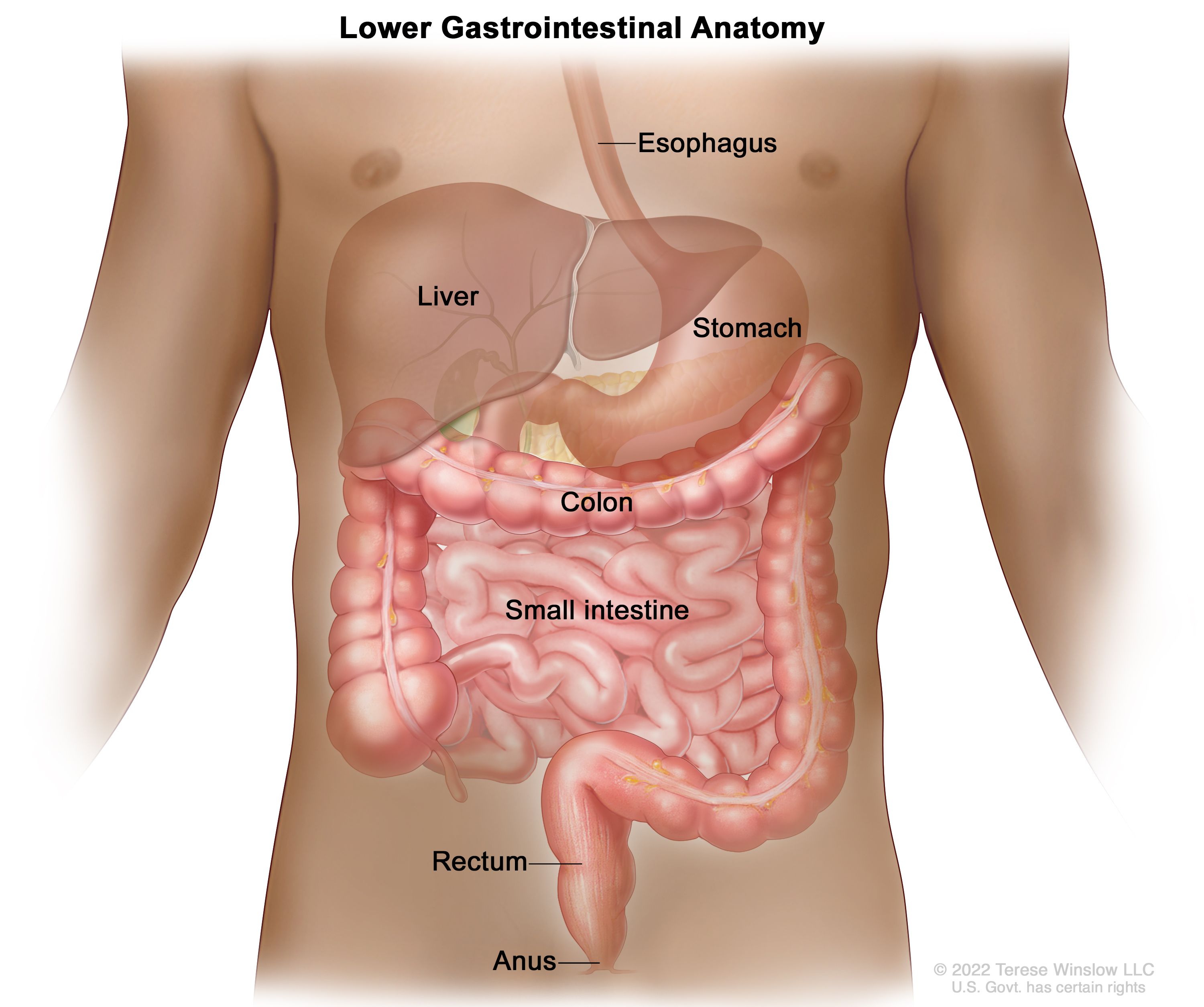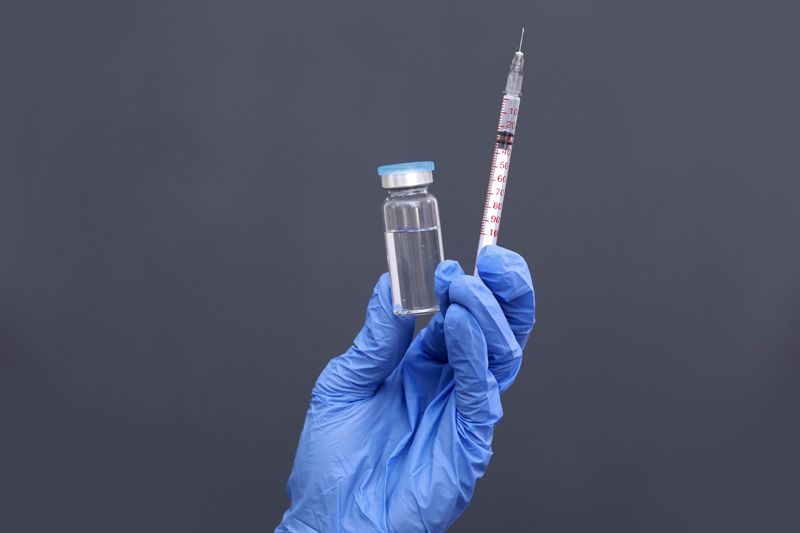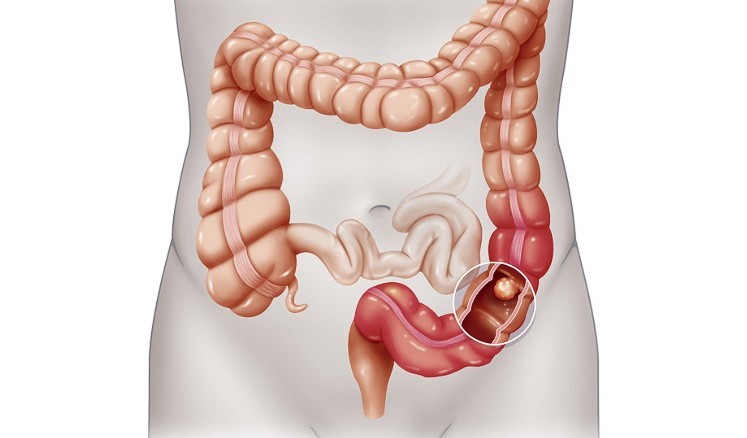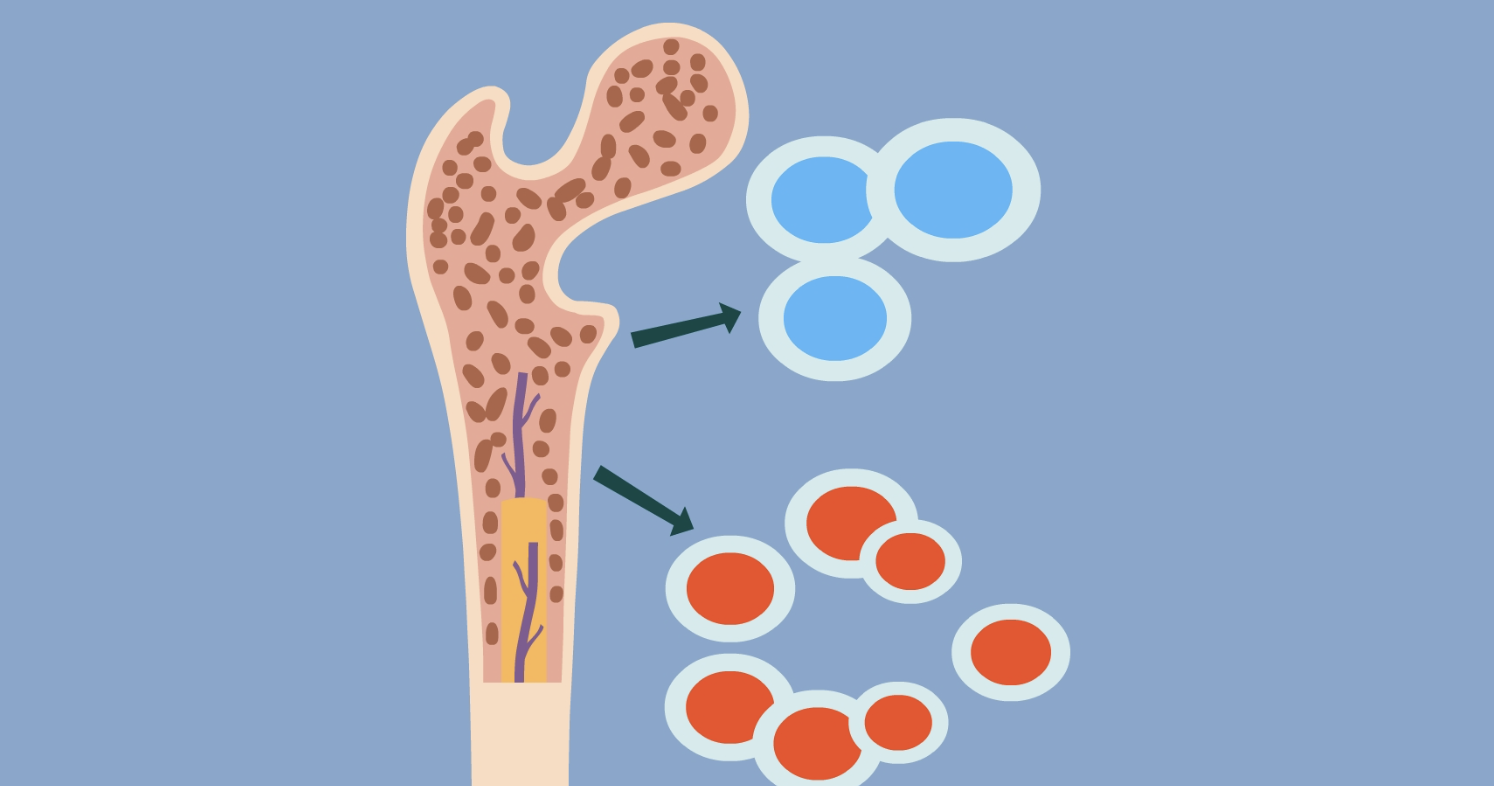Data from a study of a cancer vaccine combined with a PD-1 immune checkpoint inhibitor has recently been released, with the therapy extending survival by more than three times in patients with advanced colorectal cancer, with some patients surviving for more than 22 months to date.

Gritstone has announced the results of its Phase 1/2 clinical trial of its investigational cancer vaccine GRANITE in combination with an immune checkpoint inhibitor: in patients with advanced microsatellite stable colorectal cancer (MSS-CRC) who had previously received 2nd line therapy, 3rd line treatment with this therapy has resulted in molecular remission in some patients and mean overall survival has exceeded 22 months!

Trial details
This study focused on evaluating the safety, immunogenicity (eliciting an immune response) and clinical outcomes of the GRANITE vaccine in combination with the PD-1 immune checkpoint inhibitor nabritumomab and the CTLA-4 antibody epirubicin in advanced solid tumours.
The trial recruited 29 patients with previously treated advanced solid tumours, including colorectal, gastro-oesophageal adenocarcinoma and non-small cell lung cancer patients, 13 of whom were patients with MSS-CRC.
Of the 13 MSS-CRC patients, six achieved molecular remission - that is, a reduction in tumour cell content of at least 30% after treatment as demonstrated by circulating tumour DNA (ctDNA) testing. Patients in molecular remission had a better survival advantage compared to those who did not achieve molecular remission. All six patients with MSS-CRC in molecular remission have now survived for more than 22 months and continue to do so, compared to an average overall survival of 7.8 months for patients who did not achieve molecular remission.
Liver metastases occurred in four of the six patients.
PD-L1 expression was
<1% in all six patients and had low levels of IFNg-related gene expression.>The mean number of tumour mutational loads (the number of mutations occurring within cancerous cells) was 2.9 for patients in molecular remission and 3.6 for those not in remission.
Detailed data will be presented at the 37th Annual Meeting of the Society for Immunotherapy of Cancer (SITC).
"The therapy resulted in an average overall survival of more than 22 months for patients with MSS-CRC, which is a dramatic improvement (more than 3-fold) compared to previous survival data of 6-7 months for 3 lines of therapy. It is also remarkable that patients who achieved molecular remission also included patients with liver metastases, a group of patients who often have difficulty benefiting from immunotherapy." Dr Andrew Allen, co-founder, president and CEO of Gritstone, said.
"Trial data to date have demonstrated that the combination therapy holds great promise in patients with advanced refractory colorectal cancer, with a Phase 2/3 study currently underway."
About GRANITE

Gritstone, a biotechnology company focused on the development of potent vaccines, has an investigational cancer vaccine, GRANITE, a neoantigen-based individualised immunotherapy designed to trigger significant T cell responses against mutation-derived tumour-specific neoantigens, specifically CD8+ cytotoxic T cells.Gritstone utilises its proprietary artificial intelligence platform EDGE identifies tumour-specific neoantigens. GRANITE uses adenovirus and self-amplifying mRNA vectors to deliver personalised immunotherapies incorporating relevant neoantigens and has been granted fast track status by the US FDA for the treatment of patients with MSS-CRC.
About MSS-CRC

Approximately 80-85% of colorectal cancer patients have MSS-type colorectal cancer, or MSS-CRC, which is known as a "cold" tumour and is often unresponsive to immunotherapy and lacks effective treatment options.






